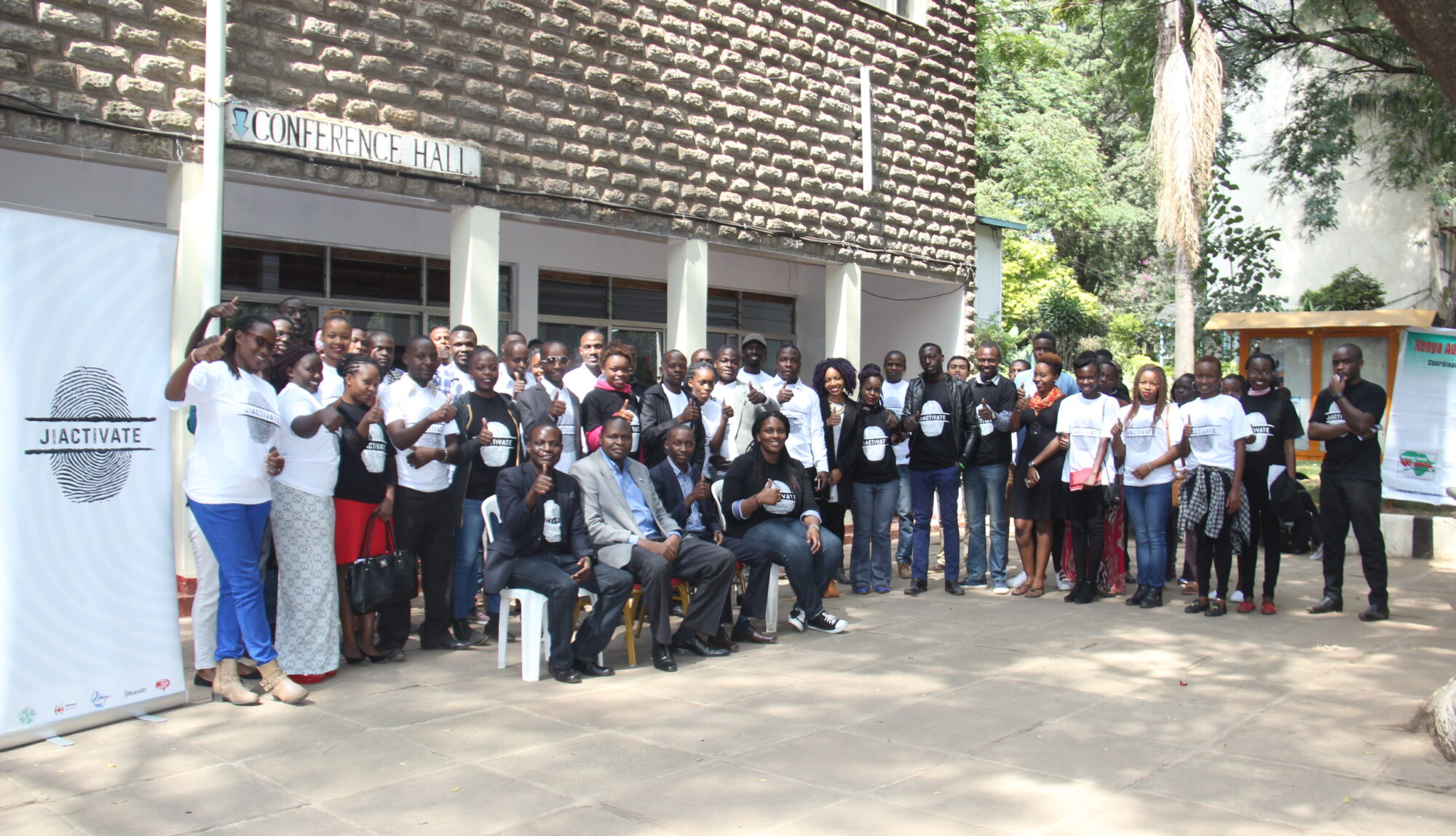Gender Stereotypes in Sexuality Education

Gender stereotypes are descriptive components, beliefs, norms, or values on how women and men are expected to typically act within the social structures. Gender stereotypes affect men and women differently and can either be negative or positive. For example, women are supposed to be nurturing and not showcase dominance whereas men are supposed to be agentic and not show weakness.
Often, Sexual Education is a topic that many parents and guardians shy away from talking about with their children. Neglecting this responsibility has seen many young people making mistakes that would have been avoided if only the parents would have spared some moments and had the conversation. The assumption that “My child is innocent” is very misinformed even though it may be true, therefore, it is still parents’ responsibility to candidly talk about sexuality education.


There is a lot of misinformation regarding sexuality education, especially on matters of contraception. The burden that lies with the female gender is beyond imagination. She is told not to use contraception before giving birth yet far much awaits because this young girl is not taught about the importance of practicing safe sex. I have heard of cases where many girls have been told this, the same girls get pregnant and end up aborting simply in the name of not using contraception before giving birth. Some of these cases can be prevented if only the duty bearers involved invested their time and had these discussions. So, would we rather invest in preventing unintended pregnancies which end up being aborted or will we sit down and watch as this issue escalates?
Another issue that I want to point out is that of young girls getting married at an early age let’s say from 16 years old. Girls who are married off while young (below 18 years) are often green and do not know anything about marriage or taking care of a family, yet the elders in their lives marry them off without comprehensively telling them about the ins and outs of marriage.
Not to say that all parents do not talk to their children about matters of sexuality. My plea is that parents and upcoming parents need to develop a culture of talking to their children about comprehensive sexuality education in order to equip them with the right information so that they can make powerful informed decisions about their lives holistically. Parents should not assume that their children will not listen to them!